Myopia cannot be reversed, and it has no cure. However, it is possible to take proactive measures to slow its progression, thereby preventing the risks associated with high myopia. […]
Can Myopia Be Reversed?


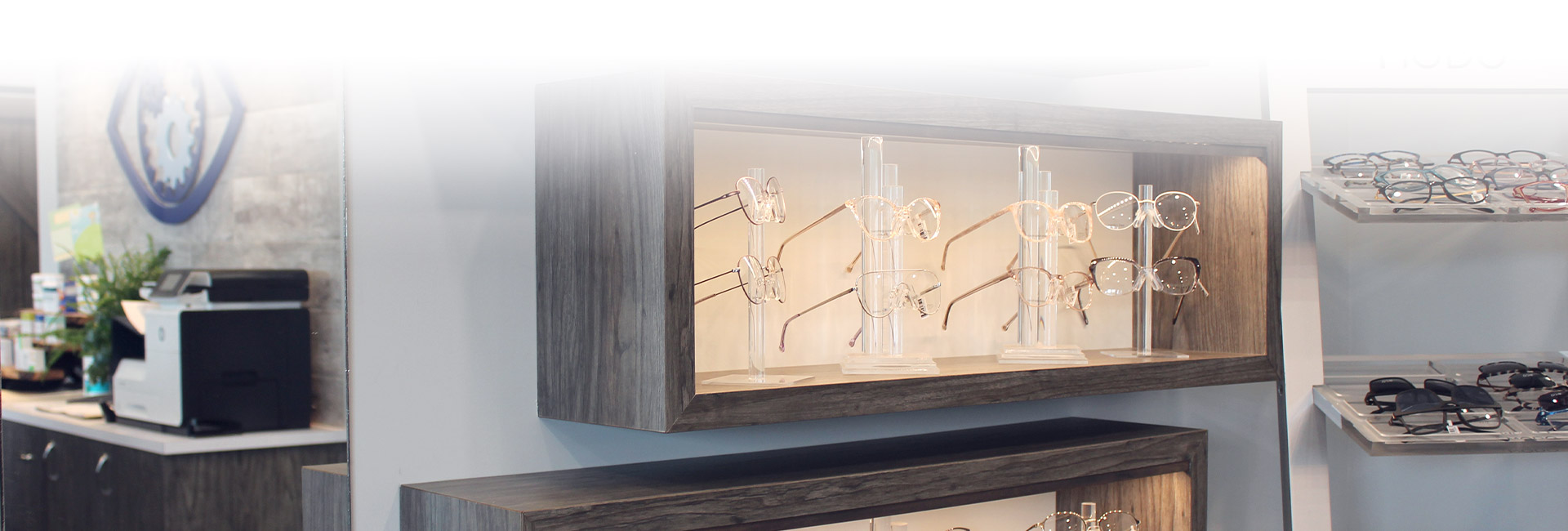

Myopia cannot be reversed, and it has no cure. However, it is possible to take proactive measures to slow its progression, thereby preventing the risks associated with high myopia. […]
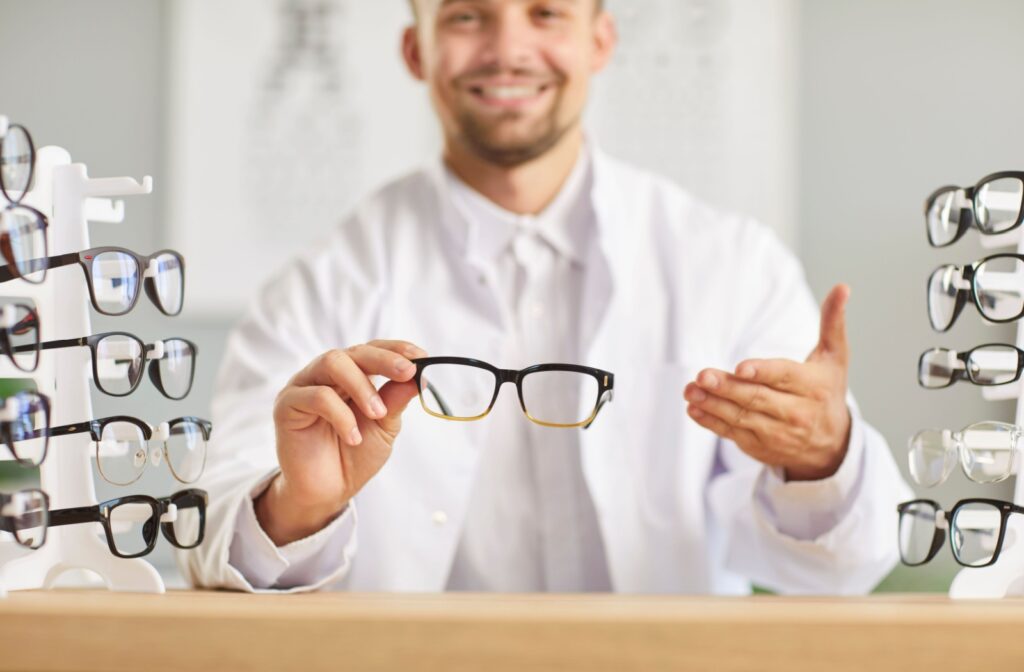
Two of the most common causes of blurry vision are myopia (nearsightedness) and hyperopia (farsightedness). Though they both are types of refractive errors, they affect your sight in very different ways. […]
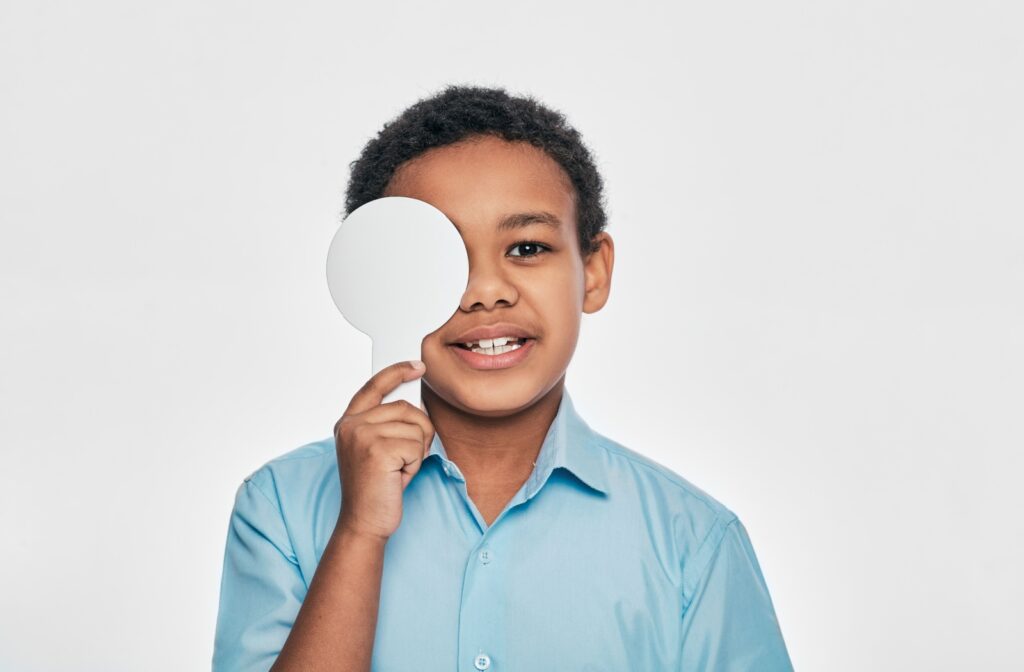
A binocular vision dysfunction test is designed to evaluate how well your eyes work together. Your optometrist can identify signs that your eyes are struggling, then create a personalized treatment plan to help you find relief. […]

Visual perception is the brain’s ability to interpret and process information. It takes visual information from the eyes and converts it into meaningful images and understanding. […]

Vision problems after a concussion can last for weeks, months, or longer, depending on the severity of the injury and the treatment approach. […]

Visual training, or vision therapy, is a structured, customized program designed to enhance visual skills and address vision-related challenges by strengthening communication between the eyes and brain. Eyeglasses and contact lenses correct issues like nearsightedness or farsightedness, but visual training focuses on improving the visual system’s performance as a whole. How Visual Training Works Vision […]
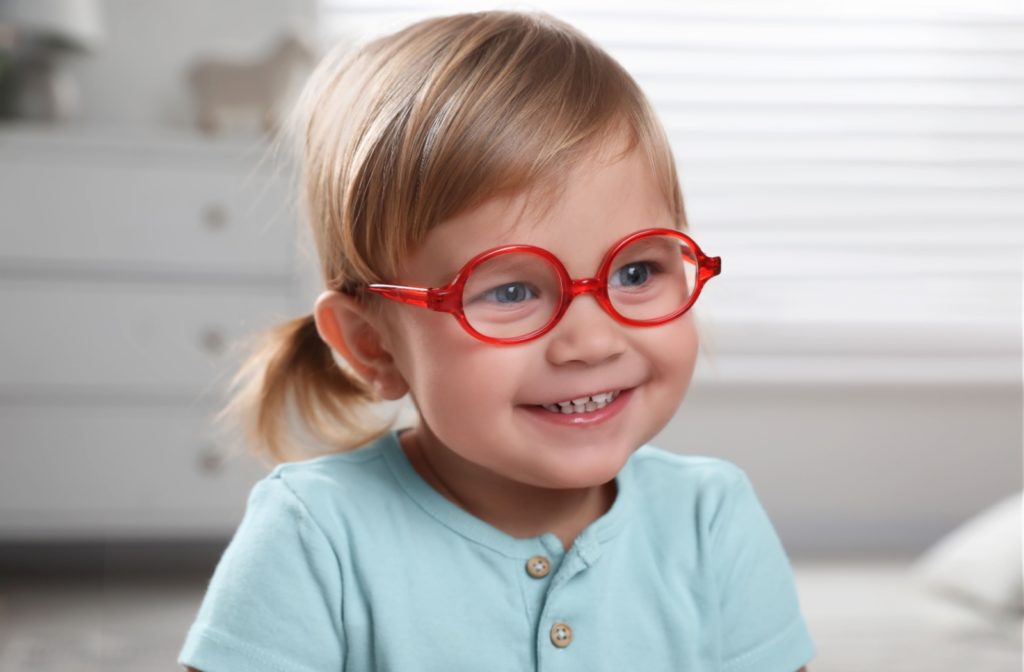
MiYOSMART lenses have a special design with 2 parts: a clear center for regular vision and a ring around it with tiny zones that slightly defocus vision. This special design helps slow the progression of nearsightedness while providing clear eyesight. […]

Visual vertigo causes dizziness and a sense of imbalance triggered by visual stimuli. This can manifest in various ways, such as difficulty focusing on moving objects, sensitivity to bright lights, or discomfort in environments with complex visual patterns. […]
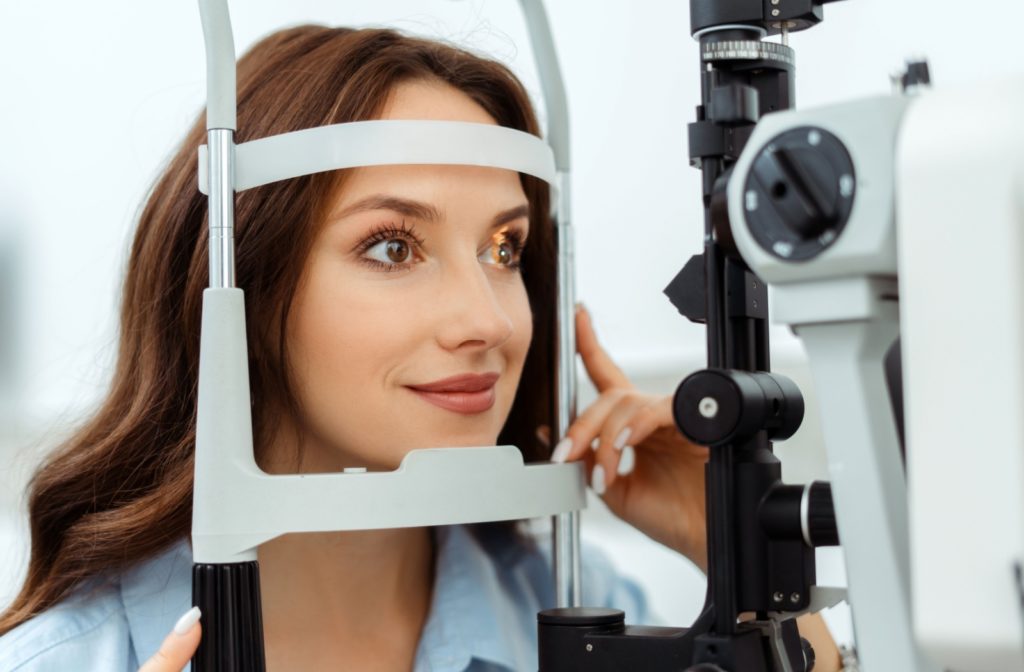
Regular comprehensive eye exams are essential for maintaining optimal eye health and catching issues before they become serious problems. […]

Pediatric optometrists can detect vision-related learning issues through comprehensive eye exams, which identify problems such as refractive errors, eye tracking difficulties, and binocular vision issues. […]